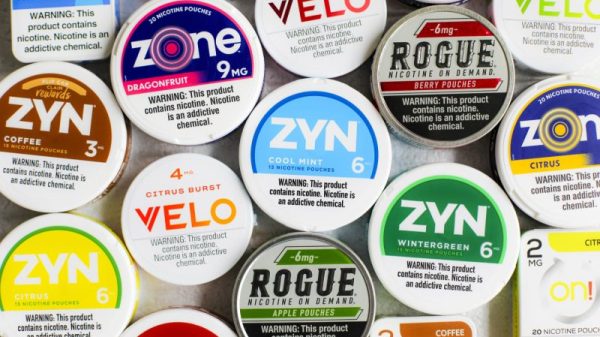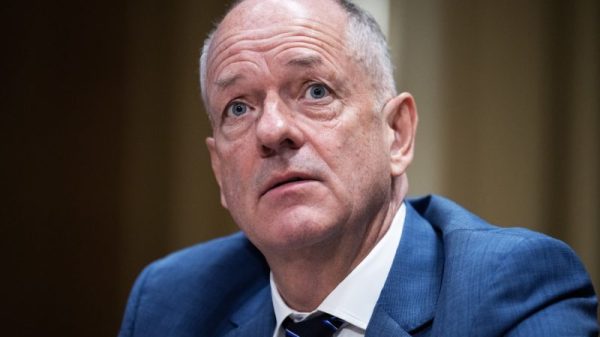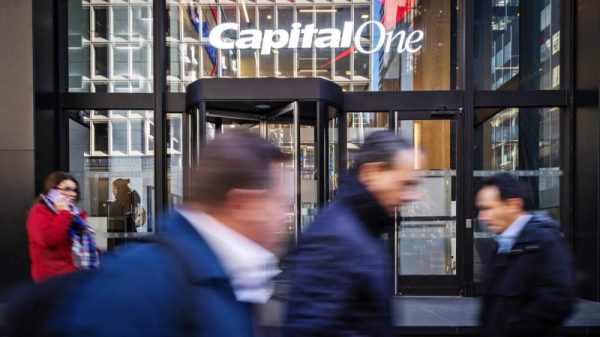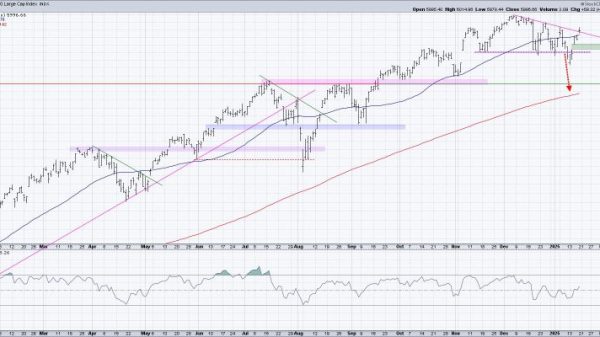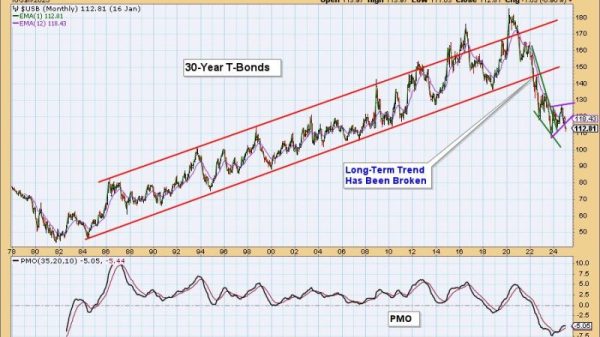With only months until the presidential election and once-presumptive nominee President Biden no longer in the race, the next steps for the Democratic Party may seem somewhat unclear.
Here is what you need to know about the Democratic Party’s nominating process following Biden’s decision to drop out of the 2024 race.
Biden was the presumptive nominee for his party, having secured the vast majority of its delegates, which were awarded after primary elections this year. But now that the president has withdrawn, the delegates are no longer pledged to him and are free to vote as they choose.
Now, any eligible candidate can run for the nomination. Vice President Kamala Harris, Gov. Gavin Newsom, D-Calif., and Gov. Gretchen Whitmer, D-Mich., are often mentioned in the media. If Biden endorses a candidate, that person would have a clear advantage.
In order to become a candidate, someone must receive signatures from at least 300 delegates. A maximum of 50 can come from each state delegation.
To win the nomination, a candidate must receive the vote of a majority of pledged delegates at the party’s roll call vote, which would be 1,976 or more delegates. This is not a ‘popular’ or ‘public’ vote.
The Democratic primaries, which were such votes, have already happened throughout 2024. Biden won almost all those contests and was therefore awarded almost all the pledged Democratic delegates.
The only step left in the process is for delegates to formally nominate a candidate during the party’s ‘roll call vote.’ This is the regular part of the nominating process that would have occurred even without Biden ending his campaign.
If no candidate reaches a majority in the first round of the roll call, then multiple rounds of voting take place, and superdelegates can also vote. At the Democratic convention a superdelegate is an automatically credentialed delegate — such as party leaders, governors and members of Congress.
No deadlines have passed that would prevent or lock out another eligible Democratic candidate from appearing on a general election ballot.
The Democrats are currently expected to formally nominate a candidate in August but before meeting at their convention, in a ‘virtual’ roll call.
The process and schedule could, however, still change.
A change in candidacy after that point would be settled by the Democratic National Convention. It would certainly be a political disaster and, as time passes, could also present legal and logistical challenges.

